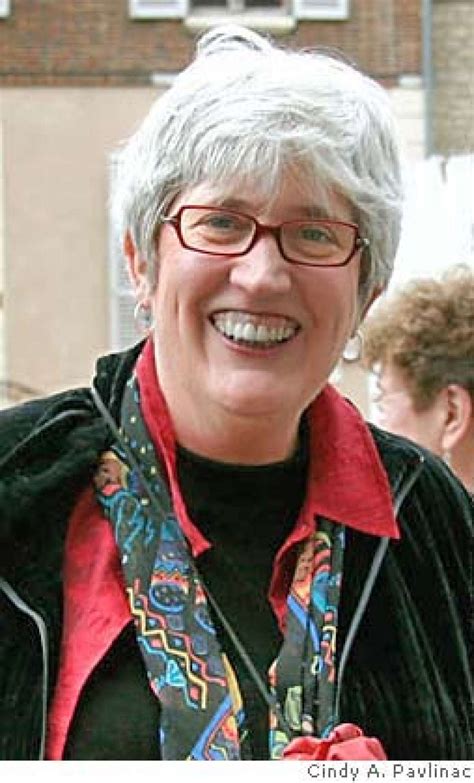A Quote by Hilary Kornblith
The great philosophers of the 17th and 18th centuries did not think that epistemological questions floated free of questions about how the mind works. Those philosophers took a stand on all sorts of questions which nowadays we would classify as questions of psychology, and their views about psychological questions shaped their views about epistemology, as well they should have.
Related Quotes
Science will always raise philosophical questions like, is any scientific theory or model correct? How do we know? Are unobserved things real? etc. and it seems to me of great importance that these questions are not just left to scientists, but that there are thinkers who make it their business to think as clearly and slowly about these questions as it is possible to. Great scientists do not always make the best philosophers.
The cool thing about Watchmen is it has this really complicated question that it asks, which is: who polices the police or who governs the government? Who does God pray to? Those are pretty deep questions but also pretty fun questions. Kind of exciting. It tries to subvert the superhero genre by giving you these big questions, moral questions. Why do you think you're on a fun ride? Suddenly you're like how am I supposed to feel about that?
have a much harder time writing stories than novels. I need the expansiveness of a novel and the propulsive energy it provides. When I think about scene - and when I teach scene writing - I'm thinking about questions. What questions are raised by a scene? What questions are answered? What questions persist from scene to scene to scene?
I think one reason is that philosophers are more insecure to speak accessibly because non-philosophers are skeptical that philosophers have any special expertise. After all, all people - not just philosophers - have attitudes and points of view on various philosophical questions, and they rather resent being told that there are professionals who can think about these things better.
If you don't put the spiritual and religious dimension into our political conversation, you won't be asking the really big and important question. If you don't bring in values and religion, you'll be asking superficial questions. What is life all about? What is our relationship to God? These are the important questions. What is our obligation to one another and community? If we don't ask those questions, the residual questions that we're asking aren't as interesting.
It would seem to me... an offense against nature, for us to come on the same scene endowed as we are with the curiosity, filled to overbrimming as we are with questions, and naturally talented as we are for the asking of clear questions, and then for us to do nothing about, or worse, to try to suppress the questions.

































